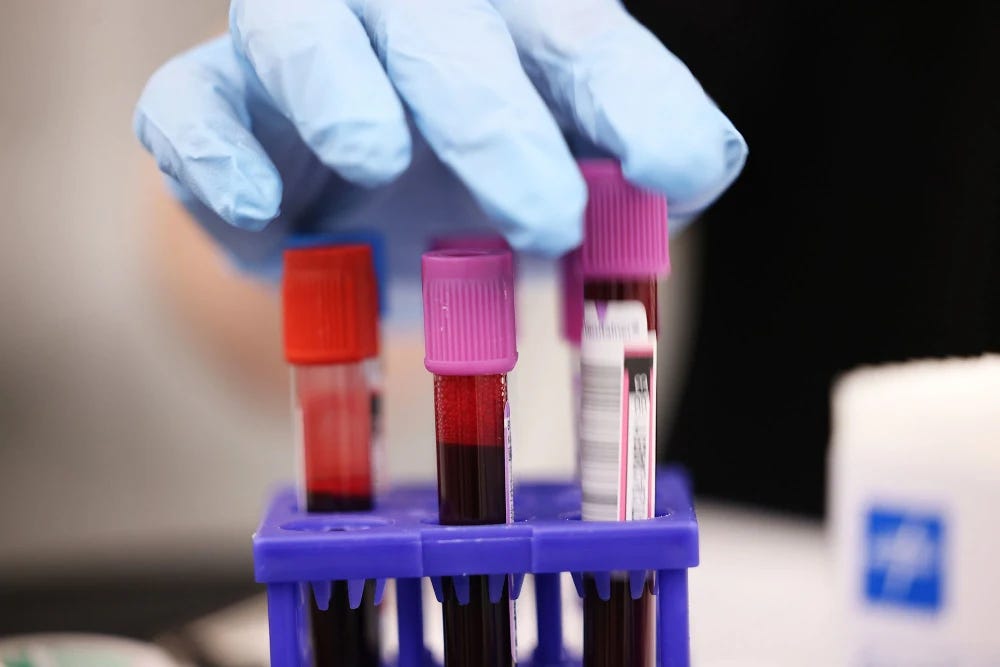Major Blood Bank Cancels Appointments Following Cyberattack Amid Ongoing Blood Shortage
A ransomware attack forces the New York Blood Center to cancel 17 blood drives over the weekend.
The New York Blood Center, one of the nation’s largest nonprofit blood donation organizations, has been forced to cancel numerous appointments and blood drives after suffering a ransomware attack this past weekend.
In a statement released Wednesday, the blood center confirmed that hackers had targeted its operations with ransomware on Sunday, causing significant disruptions to its ability to collect and distribute blood. While the center continues to accept donations, it is advising donors to anticipate longer wait times. There is currently no estimated timeline for the full restoration of its systems.
As the largest blood provider in the New York City area, the New York Blood Center plays a critical role in the U.S. blood supply, accounting for 60% of the nation's donations, according to America’s Blood Centers, a nonprofit association representing blood donation organizations across the country.
Ransomware attacks are a form of cybercrime in which hackers encrypt an organization's computer systems and demand payment in cryptocurrency, often bitcoin, to unlock the data. For organizations like the New York Blood Center, these attacks can cause severe disruption, forcing them to take systems offline and either purge infected devices or replace them entirely. Even if a ransom is paid, recovery can still be lengthy and costly.
In response to the cyberattack, the New York Blood Center canceled eight blood drives scheduled for Friday and another nine for Sunday, reducing its ability to meet demand for donations during a critical time. The center was already facing a blood emergency before the attack, with supplies of O and B blood types at dangerously low levels—only enough to last one or two days.
Ransomware attacks targeting essential services like blood banks have become increasingly common. Allan Liska, a ransomware analyst at Recorded Future, highlighted the troubling trend, noting that medical nonprofits and other sensitive organizations are frequent targets of cybercriminals. "The threat actors behind ransomware attacks simply do not care who they starve or kill with their attacks," Liska said. "We've seen ransomware groups attack food banks, children's hospitals, and blood banks."
According to Recorded Future, ransomware attacks have surged globally, with 4,634 incidents reported in 2024, up from 4,400 the previous year. The persistent threat of these attacks continues to challenge organizations that provide critical services to the public.


